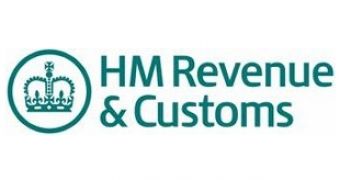Cybercriminals have launched phishing campaigns to try and profit from the news that up to six million people have overpaid or underpaid their taxes for the past two years in UK.
It was recently uncovered that taxation blunders have lead to 1.4 million UK taxpayers paying less money in taxes and 4.3 million paying in excess.
In consequence, HM Revenue & Customs (HMRC), UK's taxation authority will begin sending letters to inform affected individuals that they have to pay or receive money.
The first notifications are expected to reach some 45,000 workers tomorrow and 30,000 of them will learn that they are entitled to refunds.
Security researchers from antivirus vendor Sunbelt Software warn that phishers have already started targeting taxpayers via fake emails.
The bogus notifications have the From address spoofed to appear as if they originate from [email protected] and read as follows:
Dear Applicant:
Following an upgrade of our computer systems and review of our records we have investigated your payments and latest tax returns over the past years, our calculations show you have made over payments of 302.25GBP Due to the high volume of refunds you must complete the online application.
Your refund may take up to 6 weeks to process please make sure you complete the form correctly.
In order to process your refund you will need to complete the attached application form.
Note: If you are using Internet Explorer please allow ActiveX for scripts to perform all data transfers securely.
The URL included in the fake emails takes users to a Web form on a rogue page bearing HMRC visual identification elements.
This form asks for a wealth of personal and financial information, which will no doubt be used to perform financial fraud and identity theft.
"Additionally, it seems we can expect the usual deluge of spam mail with infectious attachments so be careful what you’re opening – the UK tax office DOES NOT send out random emails asking for personal information such as the above," Christopher Boyd, a security researcher at Sunbelt, advises.

 14 DAY TRIAL //
14 DAY TRIAL //